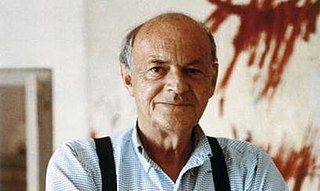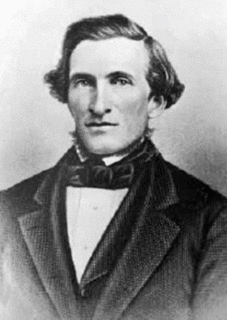A Quote by Miranda July
I asked myself if I would kill my parents to save his life, a question I had been posing since I was fifteen. The answer always used to be yes. But in time, all those boys had faded away, and my parents were still there. I was now less and less willing to kill them for anyone; in fact, I worried for their health. In this case, however, I had to say yes. Yes, I would.
Related Quotes
From '86 until the summer of last year, wherever I went, people would say, You would have made a great James Bond! Weren't you going to be James Bond? You should have been, you could have been, you may have been. Yes, yes, yes, yes, yes. It was like unfinished business in my life. I couldn't say no to it this time around.
It would perhaps not be amiss to point out that he had always tried to be a good dog. He had tried to do all the things his MAN and his WOMAN, and most of all his BOY, had asked or expected of him. He would have died for them, if that had been required. He had never wanted to kill anybody. He had been struck by something, possibly destiny, or fate, or only a degenerative nerve disease called rabies. Free will was not a factor.
Everyone always asks, was he mad at you for writing the book? and I have to say, Yes, yes, he was. He still is. It is one of the most fascinating things to me about the whole episode: he cheated on me, and then got to behave as if he was the one who had been wronged because I wrote about it! I mean, it's not as if I wasn't a writer. It's not as if I hadn't often written about myself. I'd even written about him. What did he think was going to happen? That I would take a vow of silence for the first time in my life? "
Philosophers often think all scientists must be scientific realists. If you ask a simple question like "Are electrons real?" the answer will be "Yes". But if your questions are less superficial, for example whether some well-known scientist was a good scientist. Then, they had insisted that only empirical criteria matter and that they actually did not believe in the reality of sub-atomic entities. Ask "If that turned out to be true, would you still say they were good scientists?" The answer would reveal something about how they themselves understood what it is to be a scientist.
John Wesley tells of a dream he had. In the dream, he was ushered to the gates of Hell. There he asked, "Are there any Presbyterians here?" "Yes!", came the answer. Then he asked, "Are there any Baptists? Any Episcopalians? Any Methodists?" The answer was Yes! each time. Much distressed, Wesley was then ushered to the gates of Heaven. There he asked the same question, and the answer was No! "No?" To this, Wesley asked, "Who then is inside?" The answer came back, "There are only Christians here."
I, quite literally, woke up from a coma, from having tried to kill myself and it was very clear to me what my psychiatrist had been saying for years. The choice is not between a drug that has side effects or not, life is not ideal. Yes, your drug has side effects and yes if you don't take it you're going to die.
What would a man of God say, who felt aright, when Joseph asked him for his money? He would say, 'Yes, and I wish I had more to help to build up the Kingdom of God.' Or if he came and said 'I want your wife?' 'O Yes,' he would say, 'here she is, there are plenty more.' ... Did the Prophet Joseph want every man's wife he asked for? He did not... If such a man of God should come to me and say, 'I want your gold and silver, or your wives,' I should say, 'Here they are, I wish I had more to give you, take all I have got.'
Was his life nothing? Had he nothing to show, no work? He did not count his work, anyone could have done it. What had he known, but the long, marital embrace with his wife. Curious, that this was what his life amounted to! At any rate, it was something, it was eternal. He would say so to anybody, and be proud of it. He lay with his wife in his arms, and she was still his fulfillment, just the same as ever. And that was the be-all and the end-all. Yes, and he was proud of it.






































